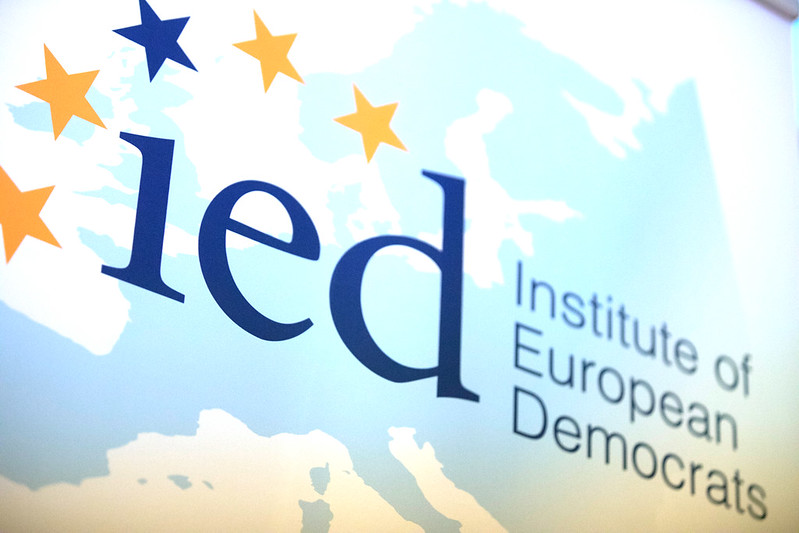EU 2030: Next low carbon economy targets
IED Conference
Brussels, Belgium, 27 November 2013
01.12.2013
In 2008, European leaders committed to a series of joint goals to be achieved by 2020 including a 20% reduction in EU greenhouse gas emissions from 1990 levels; a target to source 20% of energy from renewable sources; and a 20% improvement in the EU's energy efficiency. But after 2020 there will be a gap of 30 years with very little policy guidance. Investors and planners need medium-term signals in order to carry on investing in the solutions that are already tackling climate change. The European Commission is therefore focused on agreeing a set of proposals to take the ambition of member states to 2030. The window of opportunity before European elections in May 2014 means that there is limited time for key decisions to be reached. This seminar was therefore perfectly timed to discuss centre-left views across the continent.
Speakers of the event included Vittorio Prodi MEP (Progressive Alliance of Socialists and Democrats), Francesco Rutelli (President of Centro per un Futuro Sostenibile), Tom Greatrex MP (Labour Party spokesman on energy and climate change), Oliver Geden (Energy and climate expert from the German Institute for International and Security Affairs), Valérie Plainemaison (General Secretary of European Federation of Intelligent Energy Efficiency Services); Sergio Castellari (Euro-Mediterranean Center on Climate Change); Marzio Galeotti (University of Milan). Will Straw (IPPR) moderated the event.
Key questions included:
-
What level of ambition should there be for the EU’s 2030 climate and energy package? What will individual countries do domestically to deliver that ambition?
-
Given the increased economic insecurity in Europe, what action are European countries taking to mitigate the costs of the low carbon transition? What is the current investment climate for clean energy?
-
What has happened to greater European integration on energy policy? Do national initiatives to secure low carbon energy supplies risk outpacing steps towards greater European cooperation?
-
Public acceptance is vital for countries to make a secure and affordable transition to low carbon energy, but how democratic are current approaches towards energy policy? What steps can be taken to improve transparency and public engagement?
More information
Xabier Ezeizabarrena (Written contribution)


